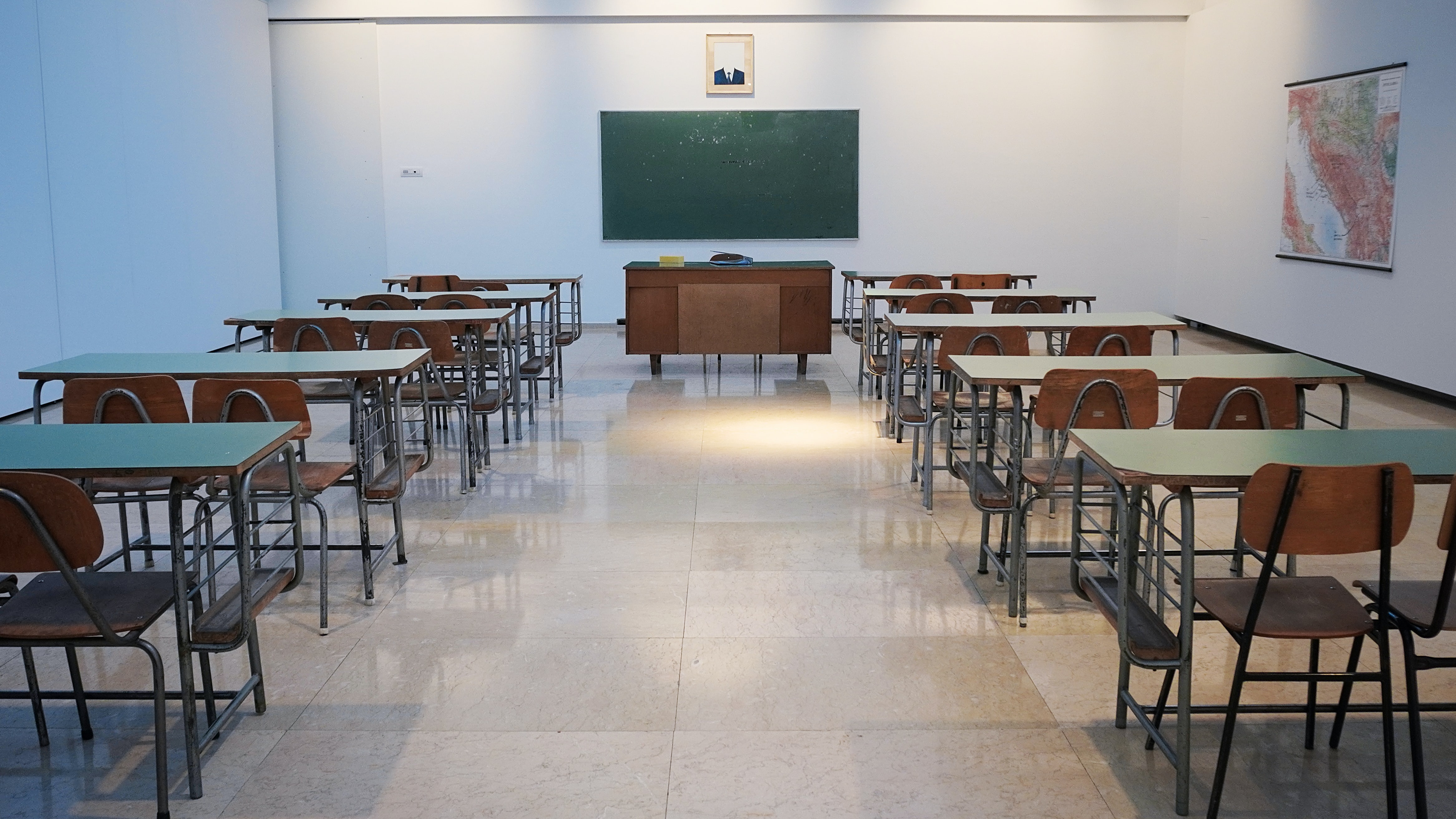There are several types of funding available for higher education in South Africa:
1. National Student Financial Aid Scheme (NSFAS): This is a government-funded scheme that provides financial assistance to academically deserving students who come from poor and working-class families. NSFAS funding covers tuition fees, accommodation, food, textbooks, and other study-related expenses.
2. Bursaries and scholarships: Many private companies, foundations, and organizations offer bursaries and scholarships to students who meet specific criteria such as academic performance, financial need, and field of study.
3. Student loans: Banks and financial institutions offer student loans to cover the cost of tuition fees and living expenses. The loans are usually payable after graduation.
4. Government grants: The South African government provides grants to institutions of higher learning to support research and development initiatives.
5. Employer sponsorship: Some employers offer financial support to employees who wish to pursue further studies that are relevant to their job.
6. Crowdfunding: Crowdfunding platforms are becoming increasingly popular in South Africa as a means of funding higher education. Students can create a crowdfunding campaign and ask for donations from individuals or organizations.
7. Tuition fee waivers: Some universities and colleges offer tuition fee waivers to students who are unable to afford the full cost of tuition fees. The waivers may cover a portion or the entire tuition fee.
8. Work-study programs: Some universities and colleges offer work-study programs that allow students to work part-time on campus while studying. The income earned from the job can be used to cover tuition fees and living expenses.


Comments
Post a Comment